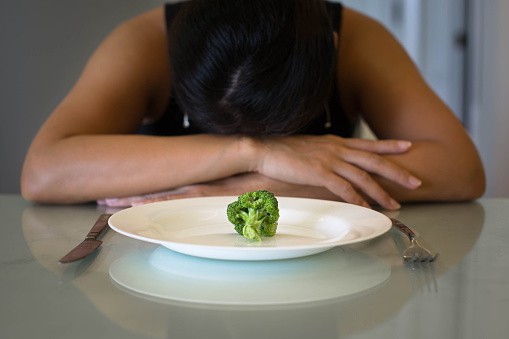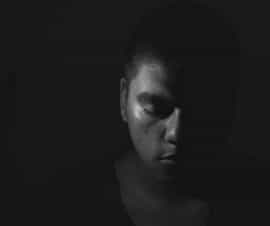The NHS definition of addiction is: ‘Not having control over doing, taking or using something…

Self-harm by Wendy Bramham
What a leads a person to self-harm?
Self-harming behaviours, such as cutting, scratching and hitting oneself, are often a physical way to deal with very painful psychological experiences and feelings of distress and isolation. Self harm can arise for all sorts of reasons such as grief, abuse, trauma, fear, loss and other feelings that are overwhelming. These may be from early childhood or in the present, or they may follow an incident that makes a person angry, frustrated or disappointed.
There is usually mounting tension followed by a compulsion or an impulsive need to self-harm. Some people dissociate (separate themselves so that they are not fully aware of their behaviour) from their mental and physical pain during the act of self-harm. Because others may see acts of self-harm as “deliberate”, unsympathetic responses can be a consequence. However, quite often a person is not very conscious of their reasons for self-harming and does not feel in control when they do it.
There are various forms of self harm, including cutting with a razor or knife, burning, hitting or banging your head, or over-dosing when it’s not life-threatening. It is often done in secret.
Self-harm has hidden short-term benefits for the person harming. These can include:
- Release of emotions – getting them “out” can bring relief and decrease in tension
- Making the mental pain feel real (akin to crying without tears, when the person can’t externalise their feelings)
- Giving a distraction from, or a sense of pause, from the mental pain
- Providing a way of telling others how bad you feel
- Punishing the self for self-hatred and guilt
How does therapy help?
- learning to manage feelings and difficulties in healthier ways, such as talking
- exploring and understanding the circumstances in which the self-harm arises
- understanding the unconscious conflicts and buried emotions underneath the acts of self harm
- developing a capacity to contain, tolerate and think about distress
By: Wendy Bramham, July 2013
Remember:
Seek immediate help for any serious injury or overdose – with your GP, ambulance or A&E.
Helplines:
Domestic violence 0808 2000247
Bullying 020 8554 9004
Chidline 0800 1111
Homeless: Shelter 0808 800 4444
Samaritans 08457 909090
Drugs: Frank 0800 776600
B-eat (eating) 0845 6341414
Consumer Credit counselling services 0800 1381111
Mind 0300 123 3393





This Post Has 0 Comments